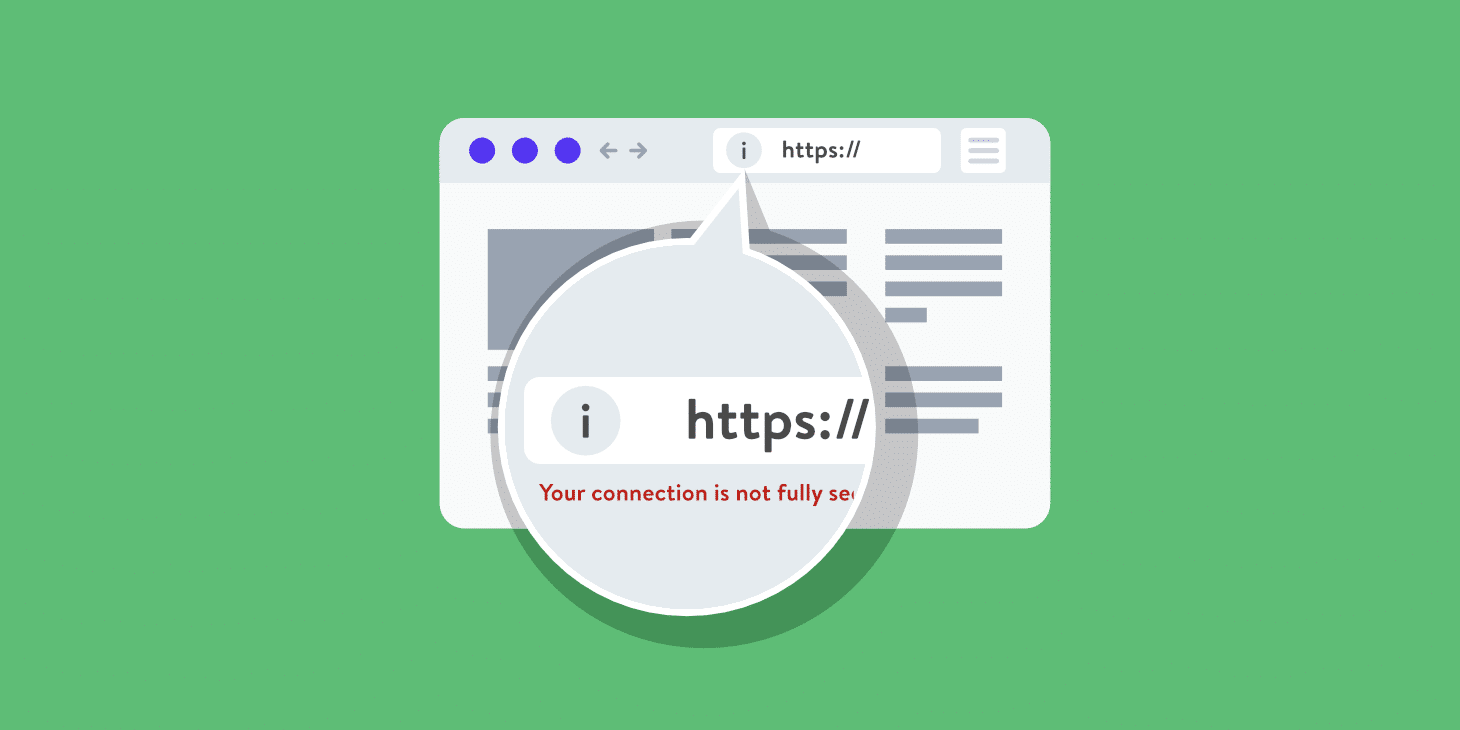There is one thing that is guaranteed on the internet is that nothing stays the same for long. Here are some Google Updates for Oct 2019 and see if they may impact some your business.
Google Adwords
Google announced in September that it will no longer accept ads for “unproven or experimental medical techniques,” including most stem cell therapy, cellular therapy and gene therapy. The Internet giant said it was taking the step after seeing “a rise in bad actors” trying to take advantage of patients by offering “untested, deceptive treatments.”
Its new policy will prohibit ads for treatments that have “no established biomedical or scientific basis.” The ban will take effect across Google’s ad services, including YouTube and ads Google helps place on third-party websites. And the ban includes treatments that are rooted in scientific findings and preliminary clinical experience “but currently have insufficient formal clinical testing” to justify widespread use. The new policy, which will take effect in October, was detailed in a blog post by Adrienne Biddings, the company’s policy adviser.
Google Chrome
GOOGLE will soon let you know when a password associated with one of your online accounts leaks online – so that you can quickly change any other accounts that use the same email address and password combination to avoid further breaches.
The Password Checkup Tool currently exists as an optional add-on for Google Chrome. Users need to know about it, seek it out on the Chrome WebStore, and then install it. Google scans known breaches and repositories of hacked usernames, email addresses and password to see whether any match your logins. The company has an internal database of more than four billion usernames and passwords that have leaked online.
Google Chrome & Your website
The Google Security Team has announced a timeline for when Chrome will begin blocking mixed content by default in order to ensure that HTTPS browsing is more secure. Mixed content refers to HTTPS pages that load resources, such as images, videos, stylesheets, and scripts, over HTTP.
The next phase of the rollout will progress with Chrome 80, due in January 2020, where mixed audio and video resources will get auto-upgraded to HTTPS. If they fail to load over HTTPS, Chrome will automatically block them. Mixed images will still load but Chrome will display a “Not Secure” warning in the omnibox next to the URL.
The last phase of the rollout is planned for February 2020. Along with the release of Chrome 81, mixed content images will bet auto-upgraded to HTTPS and Chrome will block them if they fail to load.
If you are not sure that your site will comply then please call us and we can help you review the site.
Your Tip of the Day
One of the markers that Google uses to rank your site is user engagement. To improve user engagement consider using polls, survey or quizzes as way to get those valuable click but also to get feedback on issues that are important to your readers.








